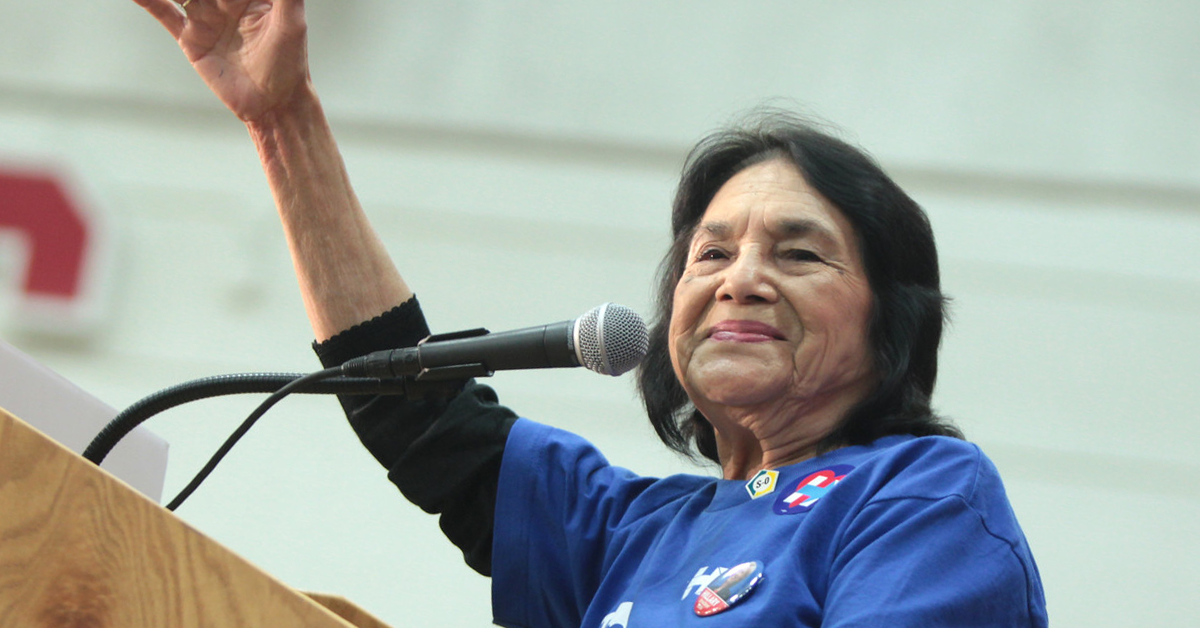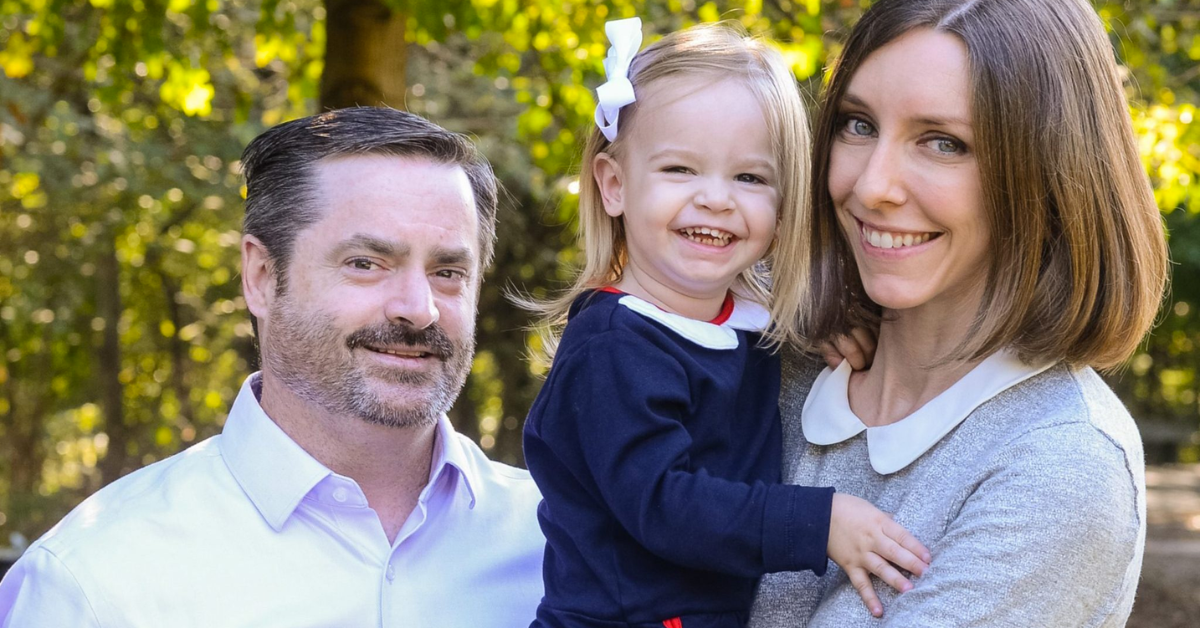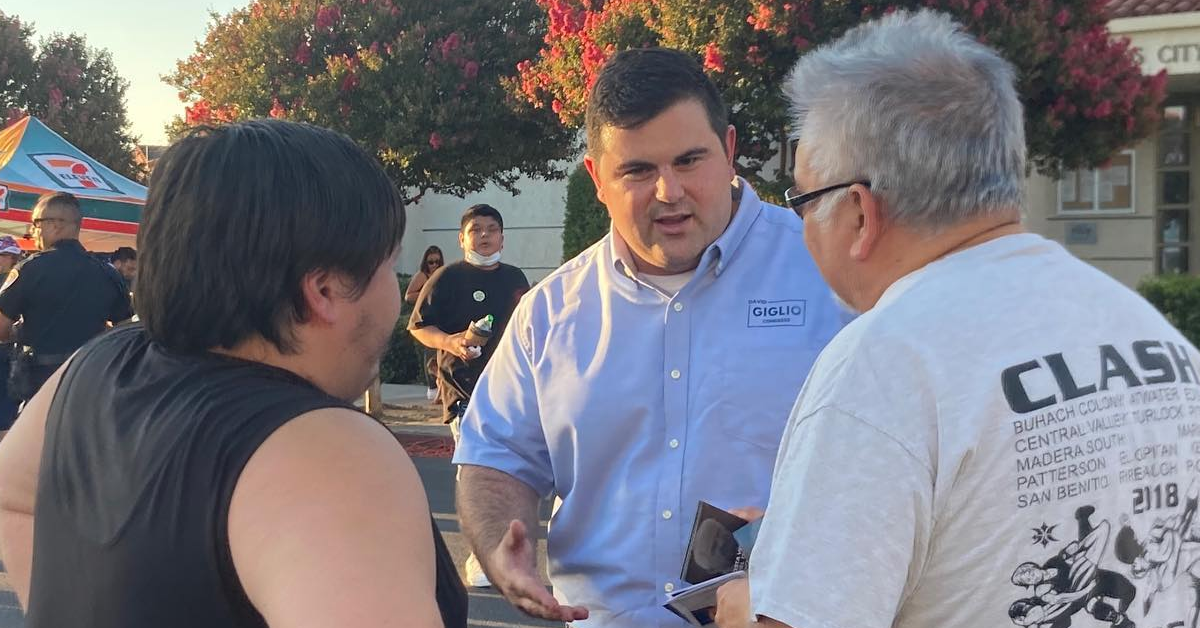In just a few weeks, Visalia voters who will reside in District 4 will have an opportunity to choose their replacement for longtime Councilman Greg Collins.
One of the three candidates is Bob Ainley, a lawyer and small business owner who is known for owning The Darling Hotel in downtown Visalia.
The Sun spoke with Ainley about the election:
The interview has been edited for clarity and brevity.
Daniel Gligich: Why are you running for City Council?
Bob Ainley: First and foremost I was born and raised in Visalia. My family has a long history here. I love this town. I brought my wife back from overseas to this town to start a family. I’m heavily invested in downtown Visalia. My brother and I did The Darling Hotel, which took an abandoned building and did a historic reuse and made something hopefully iconic for downtown. I want to see the town keep growing the right way, keep its identity as it grows, and I want to see this town succeed. Two is that I’m very involved in the town. I serve on a number of boards. And like I said, kind of my family history here – when the seat came open there was a lot of encouragement from other local leaders, local business leaders, family, friends to consider it. To consider serving in a greater way, in that sense, to move from just boards into a position that you can really have a lot of effect for good in this town. That actually meant a lot to me because it wasn’t something that was on my radar, and people kind of showing their confidence in me made me in turn want to show my confidence in them and my willingness to step up and come what may, win or lose, my wife and I just said when we get asked to serve we’re going to show people that we appreciate their belief in us and we’re going to step up and serve.
DG: Can you tell me about your background and professional experience?
BA: Born and raised in Visalia. My dad was a high school teacher. My mom died when I was eight years old, left him as a single dad with four kids under the age of 10. He later got remarried. I went to school on a needs-based scholarship. I worked every kind of small town job you could have to pay for school. At UC Davis we fought forest fires one summer with the Forest Service because that was the best money we’d ever made in our life. I’ve done a lot of these small jobs when I was younger, just that will and the need to work. But through that created a lot of opportunities. I went to undergrad at Davis. I later went overseas to England for my graduate degree in international security. From there I headed to law school at the University of Oregon. At law school I focused on criminal prosecution and business law. Through that some doors started opening. My last semester of law school I left early and I took an opportunity with the United Nations Office of Drugs and Crime in Vienna, Austria, in their anti-human trafficking unit. That was the human trafficking case law database that you can actually access through their site. I was involved in reviewing and analyzing and collecting those cases and getting them into the system. And then later on that actually led to a legal fellowship with an organization called International Justice Mission, which does anti-human trafficking operations globally. I was in the Manila office. That’s where I met my wife. My wife was on a fellowship as well. She’s from Atlanta, Georgia. During law school I was involved in the prosecution clinic with the Lane County District Attorney’s Office. I spent one of my summers with the Fresno County District Attorney’s Office on their felon trial team. And those were all kinds of things that fed into these opportunities with the UN and International Justice Mission, was that criminal prosecution training. Coming back from overseas I was offered a spot with a large firm out of Fresno to work in their Visalia office, and it gave me the opportunity to come home. That’s what brought me home, was that opportunity. My dad had gotten diagnosed with a terminal neurological disease around that time, and that really gave me a neat chance to be home and be with him. I got home in 2014… I was with that firm for six years, and then me and my two partners now, we left and created our own small boutique firm here in Visalia, where I focus on small business. We’re only transactional, so I help people make businesses, run their businesses, sell their businesses, help them deal with problems. So we created our small boutique firm in 2020 right at the start of the pandemic. Prior to that my older brother had the opportunity to acquire this old abandoned building right in the middle of Visalia. This old county services building, county courthouse annex. So that’s a side project. That’s not actually my career. I don’t have a background in hospitality. I have a background in business law. My brother and I are the managing partners of that venture and we’re the creators behind it. We created a boutique hotel out of that space, and that also opened in July 2020 right in the middle of the pandemic. I was really proud about that one in particular. We really wanted to give the community something that was something they could hopefully be proud of, something that brought a positive light to the Valley. It won a bunch of awards. We have an amazing staff. We didn’t have to fire anyone during the pandemic. Everything was run real well, and they battled through it. Our staff actually grew. At the start of the pandemic we were around 40 people and we grew to about 100. So we actually grew and added jobs during the pandemic, which for me felt good because that was a tough time for a lot of businesses, and to be able to say that we kept adding jobs, I think that that’s kind of special.
DG: Homelessness is an issue throughout the state and is prevalent in Visalia. What are your thoughts on the issue and how would you address it?
BA: To be honest with you there are no good answers from the position of the city council in the sense that the rules are set by the state. It’s governed by state law and decisions out of Sacramento. The implementing agencies for the most part, government agencies, are run by Tulare County. When it comes to homelessness, I think it’s the job of the city to be as supportive as possible to all the various organizations that are trying to tackle it. That includes things like Rescue Mission, Family Services of Tulare County, these nonprofits, because there’s no one-size-fits-all answer. If the Rescue Mission can get five people off the street and get them whole again, that’s a win for us. I’ll take that. Same thing with something like Salt and Light or Family Services. If Family Services can help five domestic violence victims get their feet under them and get out of homelessness, that’s a win. It’s not everyone. Each program doesn’t fit every single person. The navigation center that’s coming in – I think it’s important that when things like the navigation center come up that the organizations that are driving those are transparent and communicate with the community early on in the process because even though that’s a by-right development, meaning that there’s really nothing that the city council or the community can do to stop that from happening, it doesn’t set it up for success by holding those projects close to the vest and making the surrounding community feel like it was sprung on them. I think that you have to address fears early, help them understand things like the by-right development, help them understand that and have those discussions early on. I think that that puts initiatives like the navigation center in a better position for success because hopefully getting more community buy-in and awareness early on. But that’s another thing that I think the city, we need the navigation center to succeed. We also, and this is from a law enforcement perspective, I support the navigation center because that provides the low-barrier shelter beds that Visalia needs in order to enforce its ordinances such as anti-camping… Law enforcement can’t enforce the anti-camping ordinance if that navigation center’s not in place and we do not have adequate low-barrier beds. Regardless of people’s view of whether or not that’s going to be successful or government programs will be successful, at a minimum we need to root for its success, but we also need it so that we can enforce our ordinances. I think that’s going to help law enforcement and social services be able to kind of tackle some of the more visible parts of homelessness… At the city council level there’s very little that we can do other than be as supportive as possible for these organizations that are trying to take it on, because really our end of it is just the zoning and the ordinance enforcement aspects of the municipality, making sure our police have the resources they need to address it. And looping back to the navigation center, have those items that tick the state requirements that allow them to fully implement their resources.
DG: What are the other top issues facing Visalia?
BA: Unemployment is currently near its lowest level in years. Typically in the Valley unemployment’s a major issue, so that issue is kind of off the table. I think that one thing Visalia will continue to grapple with is growth. You hear that a lot when you go door to door, because people see it through multiple lenses. They’re bombarded by the water scarcity issue. They look at explosive growth in the industrial park and whether or not growth is being undertaken in a thoughtful way. In a way growth is actually a good problem to have, in the sense that Visalia is attracting more and more people. We’re attracting substantial amount of new businesses, particularly in the industrial park. Coupled with the growth issue – even though I see it as a good problem to have – what comes with it are things like discussions on water infrastructure and resources for the development and growth. It comes with housing affordability. As more and more people come in it puts strain on inventory, which then drives up prices. I’ll tell you from first hand experience, the long time Visalia residents are looking at rents and housing costs and saying, ‘The Visalia I know is disappearing. We can’t afford this town anymore.’ Which on that end comes the discussions about inventory, whether or not there’s enough things like high density housing, which can help alleviate some of the rent pressure. Whether or not there’s enough new housing coming in to take pressure off the inventory and hopefully drop prices. Some of that I think will fix itself. The reports that I’ve seen in the next couple years – they’re actually scary reports depending on how you look at it. It’s ACEC, which is an engineering industry group, they’re seeing that they expect a substantial dip in residential housing both in values and in projects in the coming years. I don’t think they expect that to start to recover until 2024. Commercial kind of follows that element. Commercial follows behind residential, which from an affordability standpoint can be seen as good news. From a general economic it’s actually bad news because that means that they’re expecting a downturn and they’re expecting there to be not as much demand for housing or for commercial properties. I think that is actually a big issue that Visalia is looking at, because the Central Valley itself experiences downturns harder on average than other places in the United States… From a city council perspective people are going to be looking to you for answers on how to get us through this phase. To think that city council has an effect on national economic drivers is crazy, but you are the lowest level of governance. You’re basically on the front line. Your constituents are going to be looking to you first telling you first what they are facing, and I think it is our job to position ourselves to hear that, to be receptive to it and then hopefully do what we can do locally. What we can’t do locally, move it up the chain and have good relationships with our local electeds both state and national so that we can put it on their radar. ‘This is what we’re seeing. In Visalia we’re getting crushed by x, y and z.’ So hopefully get it on their radar and get it on their job in turn… One problem that my district in general sees is of course public safety. City wide public safety is an issue. I’m endorsed by the police association and the sheriff deputy’s association because of my background in criminal law and also my support of them. Public safety’s a big component of what I am running on because I think that’s kind of a basis. If crime is out of control in the city you’re going to see less investment. You’re going to see less people out patronizing businesses. It creates an environment that it’s almost a baseline driver of whether or not your city’s going to sink or swim. On the north side in particular there’s always been the struggle with public safety, which I think in turn has always given it this reputation where investment is a little hesitant to come into it. The north side is considered very overlooked from an investment standpoint. The development, the investment in the community tends to go elsewhere and avoid the north side, which I think that that’s going to be key to the success to the north side is to attract investment to it, to make it an attractive place for people wanting to start businesses, wanting to improve buildings. And some of that on the city side is investing in infrastructure on the north side whether it’s sidewalks, stormwater, landscape and lighting districts – that’s the challenge facing my district, is an underinvestment challenge. The Northside does have a decent chunk of what’s called an economic opportunity zone. It’s a Trump policy, and that’s actually why I think what’s driving a lot of the growth in Visalia’s industrial park, is I don’t think those are very well known or understood for the most part. It’s actually a really great incentive for investment in those zones, and the north side has one and I think it’s largely gone overlooked by investors. Either it’s because the reputation precedes itself or some of those other issues I talked about. There’s concerns about public safety and things like that, or even just the north side has a particular problem with homelessness. There are those things scaring people off. If you can get those under control, the north side actually sits in that zone, and not a lot of Visalia actually sits in the opportunity zone, so I think that’s a very unique opportunity that the north side has that has largely gone either not understood or unknown.
DG: Getting things done in local government often comes on the back of the relationships built between the representatives on the dais. How do you see yourself fitting in and operating on the Visalia City Council?
BA: I do have already reestablished really good relationships with a lot of the council members. I’m excited about that particular element. I’m glad you brought that up. I think I’m really well placed to come in right away and have good relationships. That’s key. You could come in with as many crusades or big ideas as you want, but if you can’t get buy-in than you’re useless. It doesn’t matter how great your idea is. If you can’t generate a coalition or establish good relationships with your other council members, your ideas are going to go nowhere. So that’s what I think is actually a very unique advantage for me and something that just comes from all the other things we’ve talked about, which is being from this area, having a strong presence and engagement with both the business community and various nonprofit boards. That gives me a head start in the relationships aspect of the council. I do think that my background and what I do – business tax, real estate transactions – I do hope that I can be a good resource for my fellow council members as they work through some complex problems. I hope that I can bring that to it as someone that has a very useful knowledge base and skill set that they can come to as they themselves work through their positions on issues. Which in turn I think is a huge advantage, because a lot of these complex issues I think that I can sit down and coherently analyze the different aspects of it, the pros and cons, understand it and articulate my position. Hopefully that helps others articulate their position, solidify their understanding of it, because a lot of things people talk about are actually very complex. The ag mitigation issue that the city council has to deal with. Any development issues are rather complex. The water infrastructure issues are pretty complex, and there’s existing relationships and there’s state rules, there’s codes that get in the way… I have excellent relationships from the get-go. I really do see myself as being able to get up to speed quickly, find those coalitions, build those relationships very quickly and also hopefully be a resource to existing council members just with the skill set that I bring. Hopefully that builds respect and trust, and I plan to go about it the right way and simply just offer that expertise and not impose that expertise on others and hopefully there’s a mutual regard that develops and feel like they can rely on my thoughts as they work through their positions.
DG: Is there anything else you would like to say?
BA: My general overarching just bullet point priorities – No. 1 is public safety. I’m backed by the police association, sheriff’s deputies association. I’m honored that they have confidence in me both with my prior experience in criminal law and also just where my heart is at for the community. That’s a big priority, No. 1. The community has to feel safe. If you can’t lock down public safety you’re going to lose these other aspects. People aren’t going to be going to parks that the city builds. You can build parks but if they’re not safe no one’s going to use them. The same thing for business. Public safety not being in the forefront, it’s going to depress investment and the business climate. You see that in some of these big cities as businesses flood out of them, because they just cannot feel like their customers and their employees are safe. Public safety’s just a big pillar of what’s important to me. No. 2 is small business, and to that just a good business climate for Visalia. I think we have a pretty good climate right now. I want to see us continue to attract new businesses, new companies so we get that job growth. Also I want to see a lot of homegrown businesses. It took me 37 years to develop a skill set that attracted people to invest in my business ideas. It’s not an instant thing, but entrepreneurship’s a big thing to me. Particularly in my district, I would love to see an excitement behind people trying to start new businesses and pursue that dream. I think that that’s a key to social mobility, a key to civic mindedness. When you make a business in a city you become invested in that city, you care. And I think that that’s really important, particularly in my district to be able to have that vested interest, have some skin in the game as to the direction the city goes. Just philosophically, the state’s already hard. That’s half of the job that I do, is the fact that California’s a very difficult state to own a business in. I don’t think that local government needs to make it harder. And I think that it’s helpful to have someone with that perspective involved in those processes and in the accountability of the city. Third is just smart growth. I am pro growth. I’m backed by the realtors association. A number of my supporters are behind me because they feel that I am confident in that area, that I understand the complexities of growth and of long-term planning. I think long-term planning is really important. Visalia has done that really well over the years. Of all the Valley towns it has really kept its character while still growing quite a bit. I think some of that is due to what would be my predecessor, due to Greg Collins, despite his point of view or what people thought one way or another, I do see a lot of preservation of Visalia’s character as being a complement to his years in office. I want to continue that. I want to make sure that growth is done in a thoughtful manner in that it accounts for long-term planning. It’s a two part bit. I’m pro growth. I want to be smart. I want to be well thought out, but at the same time that’s going to help us preserve our character as a town, which in turn attracts all the future growth. The quality of life of Visalia I think is what’s going to attract talent and keep talent.











